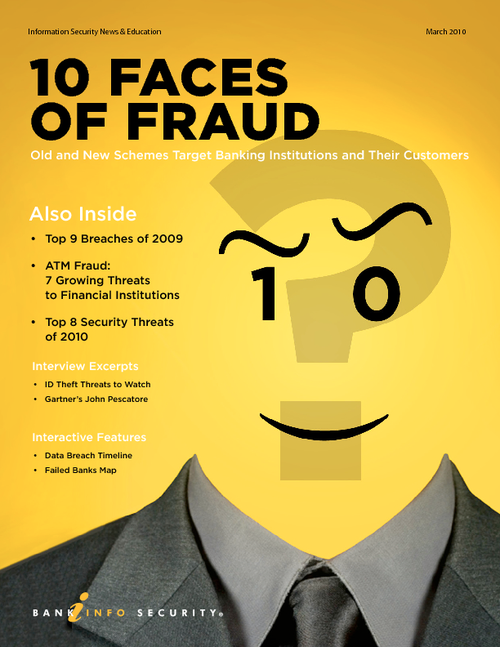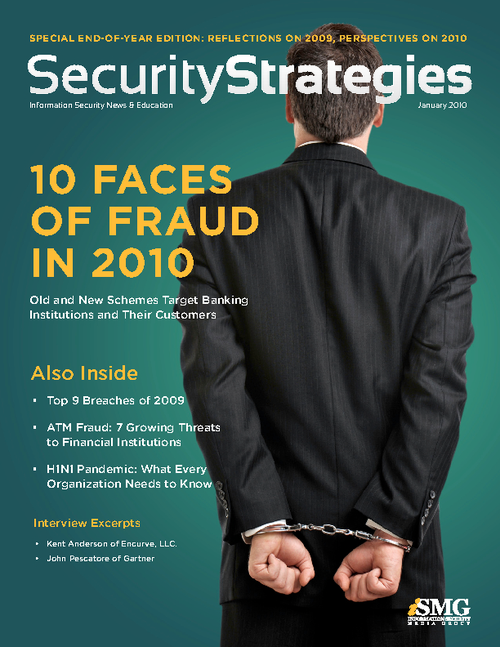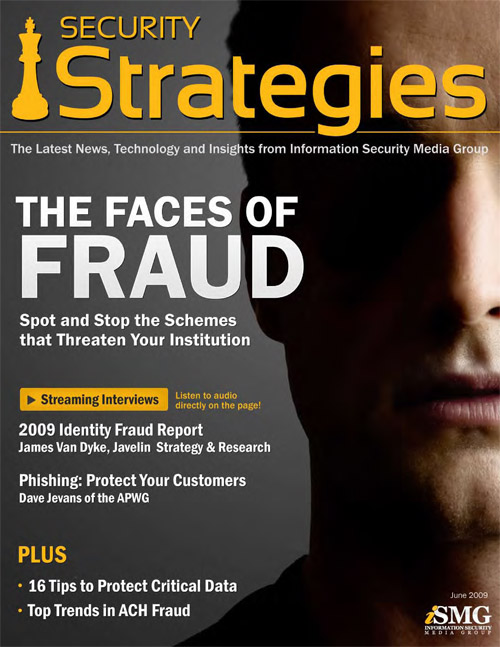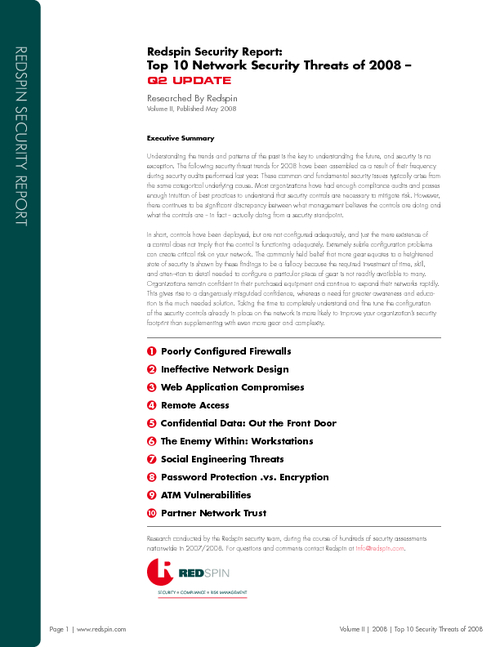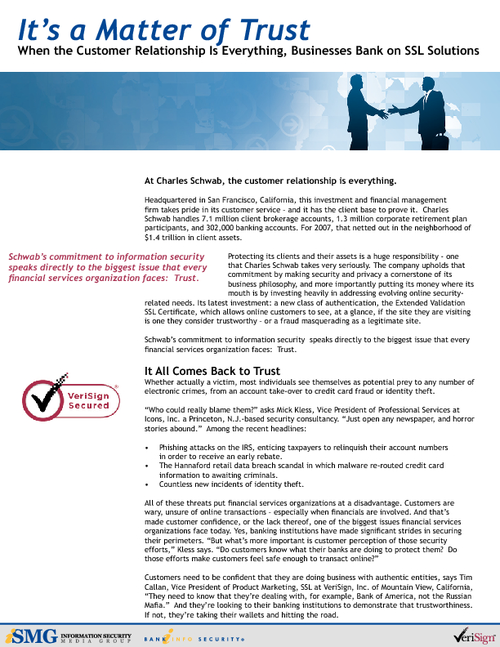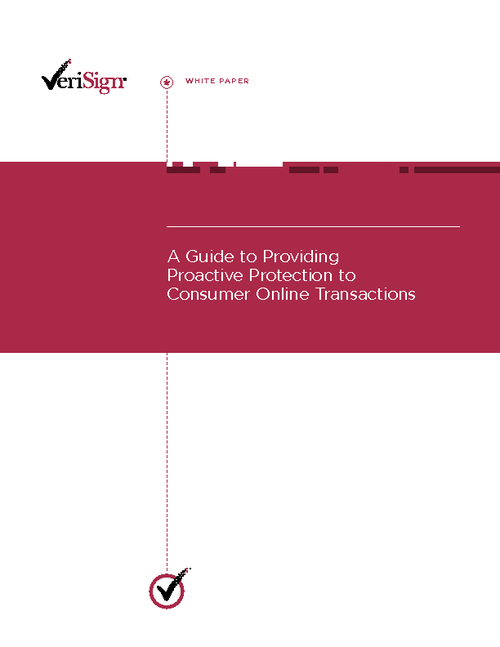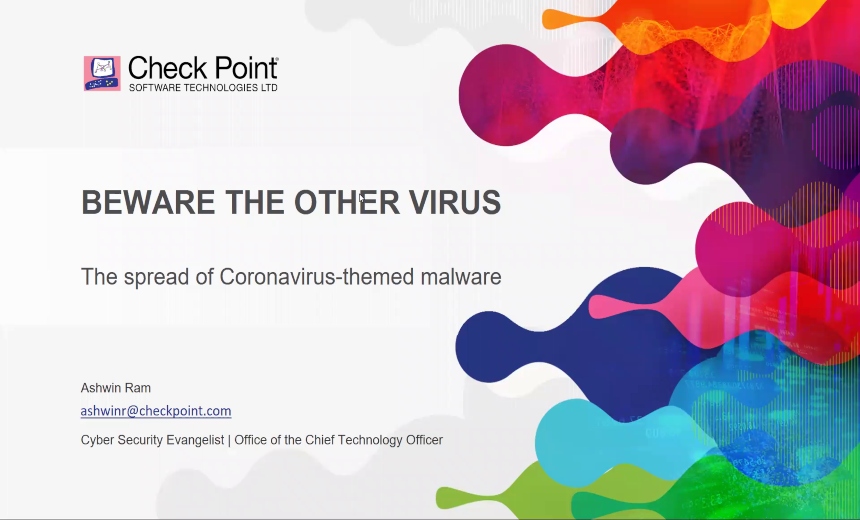Major Online Threats Exposed
Internet-related crime, fraud, and damage is going through the roof. Here we take a look at what Consumer Reports has named the four major online threats you need to defend against.
VIRUSES AND WORMS
Oldies but goodies (baddies?), these have plagued computer users for nearly two decades. They typically infect computers via e-mail, as attached files, or through Internet downloads. Viruses and worms can destroy information on your hard drive, clog the network, and leave hackers a “back door†they can use anytime to turn your PC into a spam-sending zombie.
SPYWARE
This is the software that lurks in your computer, tracks your mouse movements and keystrokes, and transmits that information to thieves who can use it to steal your money – or your very identity. Watch out for so-called “adware†as well, which is essentially identical to spyware. To avoid spyware, steer clear of freebie downloads such as games and screen-savers.
See Also: Cybersecurity for the SMB: Steps to Improve Defenses on a Smaller Scale
SPAM
Did you know that more than half of all e-mail sent worldwide is junk? Spam-filtering software has improved in recent years, but that hasn’t arrested the problem. The biggest problem with spam is that it’s a time-waster, but it has more serious ramifications as well; spam is often offensive, opening companies up to lawsuits, and it is frequently used by hackers seeking a toehold in company networks.
PHISHING
We’ve all seen the endless come-ons by now – frantic e-mails claiming to notify us of problems with our eBay or bank account, for example. And most consumers have grown reasonably savvy about phishing expeditions seeking to steal their personal data. But phishing is evolving, so you need to remain alert. For example, an offshoot dubbed pharming actually redirects victims’ browsers (rather than passively waiting for them to click on links), so even alert users who key in the right URLs are spirited off to a bogus, ID-stealing site.
© National Security Institute, Inc. This article is the property of the National Security Institute and my not be copied or redistributed in any fashion without an appropriate licensing agreement. For more information and FREE samples, visit SecuritySense

